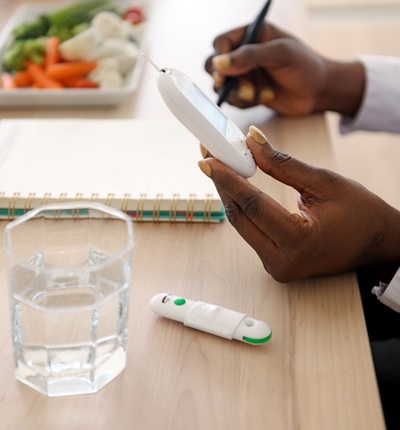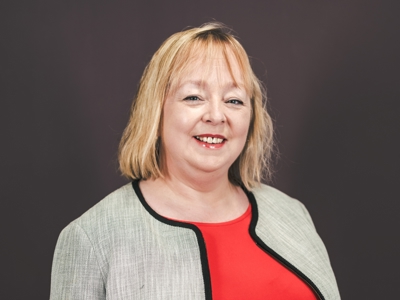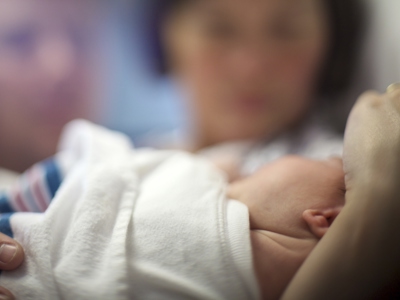
Legal implications of mismanaged diabetes
During World Diabetes Awareness Day medical negligence partner Julia Reynolds examines the impact of mismanagement and misdiagnosis of diabetes and related conditions.
Posted on 14 November 2025
Diabetes is a relatively common condition, affecting about 5.8 million people in the UK. There are different types, spanning all stages of life from childhood to adulthood, and during pregnancy. It’s vital that people with diabetes receive the right diagnosis, care and follow up to ensure the best health outcomes.
Diabetes is an endocrine disease which is characterised by an inability to produce or utilise insulin, resulting in high blood sugars. Common co-morbidities of diabetes are peripheral vascular disease, kidney disease, heart disease and stroke.
In some tragic cases, I have represented clients whose babies passed away due to a failure to deliver a baby early enough.
What are the types of diabetes?
There are three main types of diabetes: type 1, type 2, and gestational diabetes.
- Type 1 is a genetic condition which can occur at any stage of life but often diagnosed during childhood.
- Type 2 is usually associated with weight problems in adults. There are clear increased risks for those with a family history or certain ethnicities.
- Gestational diabetes occurs in pregnancy – you might find out you have it after seeing your midwife and having a glucose tolerance test.
In my experience as a medical negligence lawyer, these are sometimes not recognised or managed very well by some healthcare professionals. The impact this can have is often devastating.
What are the consequences of misdiagnosis or mismanagement of diabetes?
There are a number of serious complications linked to diabetes.
Diabetes symptoms as identified by Diabetes UK can often be identified as four T’s: Thirsty, Toilet, Thinner and Tired.
For those that suffer with type 1 diabetes, there can sometimes be a failure to recognise the symptoms, and patients can suffer diabetic ketoacidosis, which can be life-threatening if not managed correctly.
I was instructed by a mother with type 1 diabetes, who died from diabetic ketoacidosis. Guidelines from the National Institute for Health and Care Excellence (NICE) requires immediate referral for suspected type I diabetes. When these guidelines are not adhered to, they can have devastating consequences for families.
I have seen a number of patients with type 2 over the years who suffer life changing foot and leg injuries. About 10% of diabetics will suffer a foot ulcer at some point and 7,000 diabetes related amputations are performed each year in the UK.
A very minor injury, such as a blister or ulcer, can become quite serious very quickly. NICE recommend that people with diabetic foot ulcers see multi-disciplinary teams to ensure any issues are treated quickly and appropriately. However, in my experience the reality is often sadly very different. The process can take weeks, allowing ulcers to progress and become necrotic. This can result in amputation – a life changing surgery that can often be avoided, if they have timely medical treatment.
What happens when gestational diabetes is mismanaged?
Gestational diabetes can develop in anyone during pregnancy – typically diagnosed between 24 and 28 weeks – and is caused by hormonal changes. There are certain risk factors, such as being overweight or obese, belonging to certain ethnic groups, family history or being over 40 years old. If gestational diabetes is diagnosed, the pregnancy should be monitored very closely to manage blood sugar.
The consequences of mismanaging gestational diabetes can be severe, causing complications such as:
- Larger than average baby – increasing the risk of complications during labour and delivery
- Pre-eclampsia – high blood pressure in pregnancy
- Low blood sugar in newborn after birth
- Respiratory and metabolic issues in the newborn
When a baby is larger than average, there may be a need for an induction or planned caesarean section to avoid birth injuries to both mother and baby.
What help is available for people affected by diabetes and medical negligence?
Everyone deserves access to high quality care. When standards fall short and avoidable injuries or harm happen as a result, experts like those at Leigh Day can help. Our medical negligence teams based across the UK, with offices in Cardiff, Manchester, Leeds and London, are here to support anyone in need of advice. The first step is to get in touch for a free, confidential chat.

Julia Reynolds
Julia is the Head of the Cardiff office and specialises in clinical negligence.

Llais report on maternity experiences in Swansea Bay must accelerate urgent change, says healthcare lawyer Julia Reynolds
Healthcare lawyer Julia Reynolds says a report sharing the experiences of more than 500 people who have used maternity and neonatal services in Swansea Bay University Health Board entirely bears out those of the families she is supporting.


